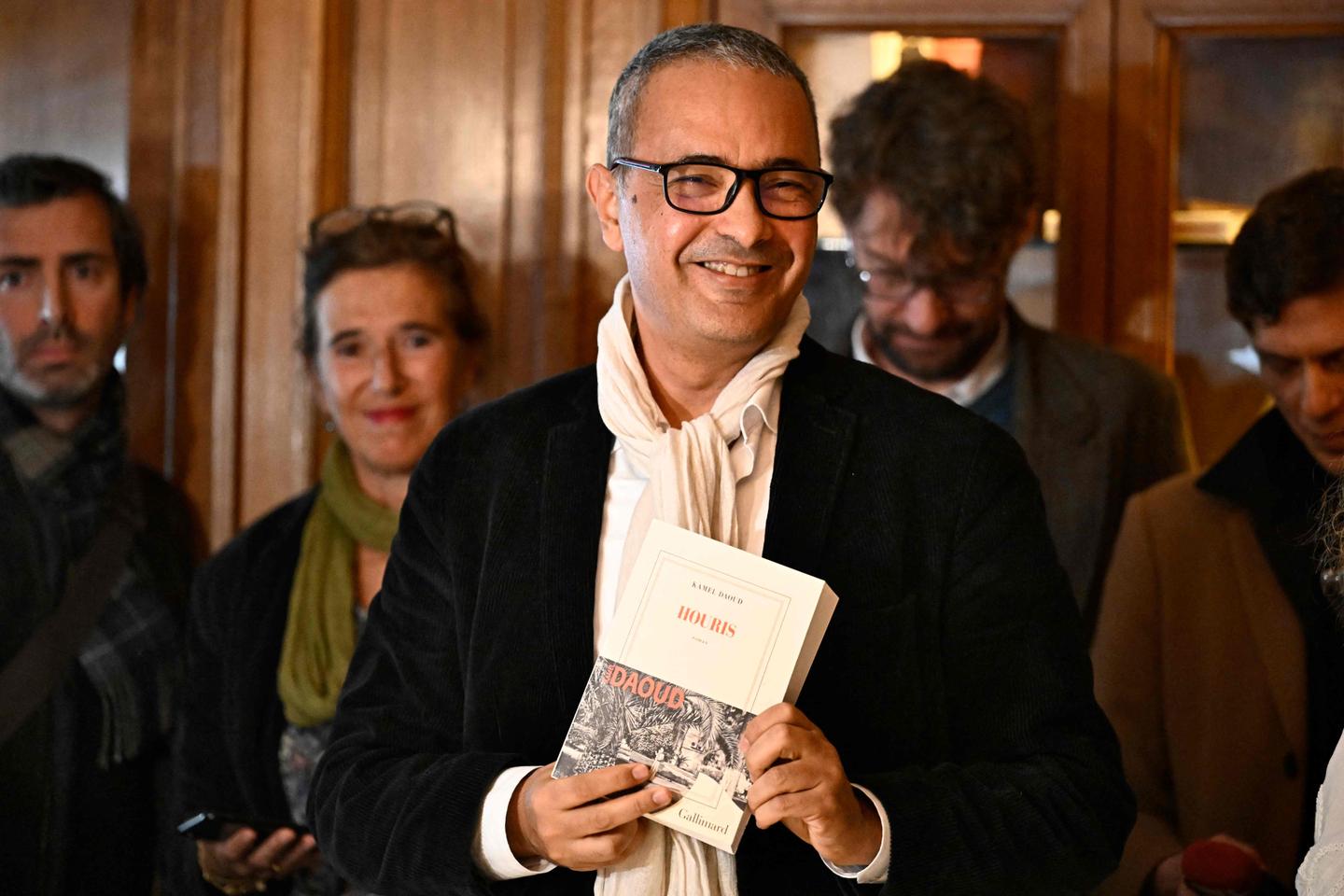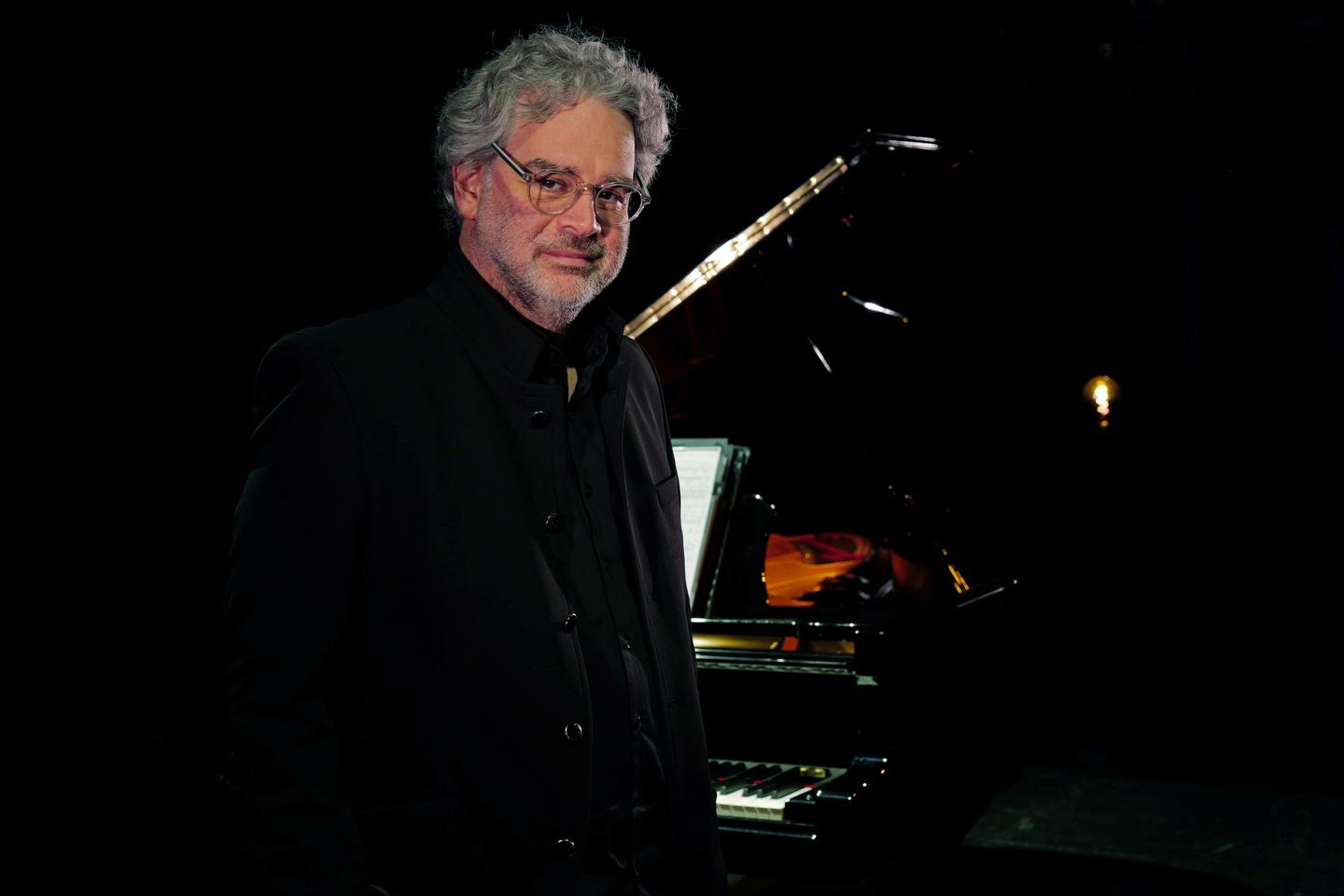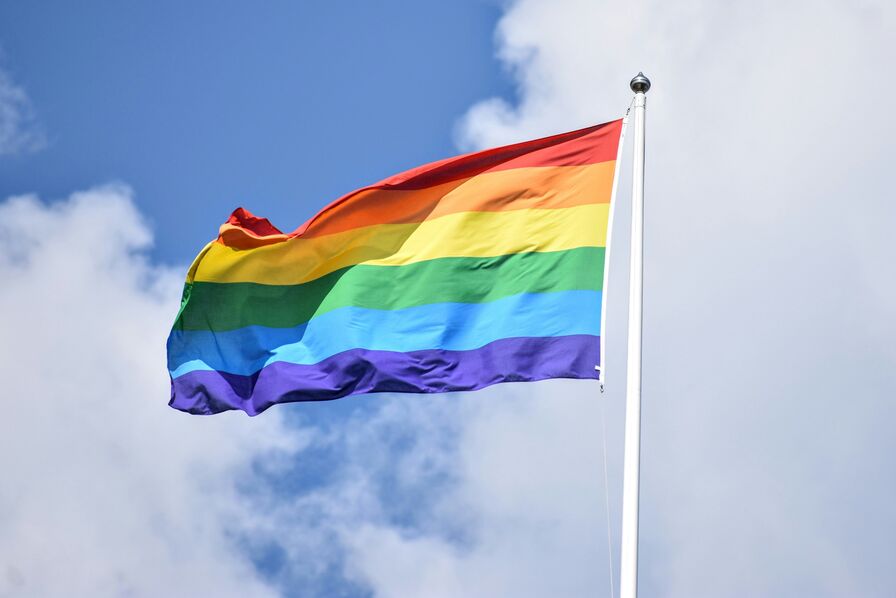

It’s been weeks since the favorite was announced: Kamel Daoud received, on Monday, November 4, the Goncourt prize for hours (Gallimard, 416 p., 23 euros, digital 15 euros). This third novel, strikingly powerful in its dark and earnest lyricism, gives voice to Aube, a young woman muted by the misguided throat-slitting of which she was the victim at age 5. It was during the “black decade” of clashes between Islamist groups and the Algerian army (1992-2002). Aube talks to Houri, the little girl she is carrying in her womb and is considering aborting, and goes to the village where she was wounded and where her parents, her sister and a thousand other villagers were killed.
Does it mean anything to you to be the first Algerian writer to receive the Prix Goncourt, especially in a context where political and memorial tensions with France are particularly strong?
I am a child of Algeria, of the Algerian school, of Algerian ambitions. This award has a lot of meaning, first of all, on a personal level (how can I get rid of it?): it is a success for me, my family. It is also a strong signal for Algerian writers in the making, these writers who are terrorized by certain political currents, who are destroyed in the cradle and who are afraid to write. It is important for them to know that writing a book is a process that can have a happy ending.
For context, I’m a writer, not a politician. A book pushes you to imagine, to hope for other things. A book does not change the world, but when widely read, it can become a tool, a message. I hope that this book makes people in the West discover the price of freedoms, especially for women, and that it makes people in Algeria understand that we have to face the whole history and that we don’t have to. fetishize a part of history (war of independence) compared to the other (1990s civil war).
You often say that France is blind to the rise of Islamism and political Islam, that it does not want to learn the lessons of what led to the “black decade” in Algeria. From this point of view, do you hope that Goncourt will have effects?
Readers are what make a book resonate or not. Me, I am a writer, columnist, journalist and Algerian (which is a profession in itself) and I hope we will open our eyes. I feel that I am in roughly the same situation, all things considered, as the Soviet writers who warned of the gulag at a time when the West was extolling the merits of Communism. Someone at some point had to say that just because we hated imperialism didn’t mean the gulag didn’t exist.
You still have 54.33% of this article to read. The rest is reserved for subscribers.





